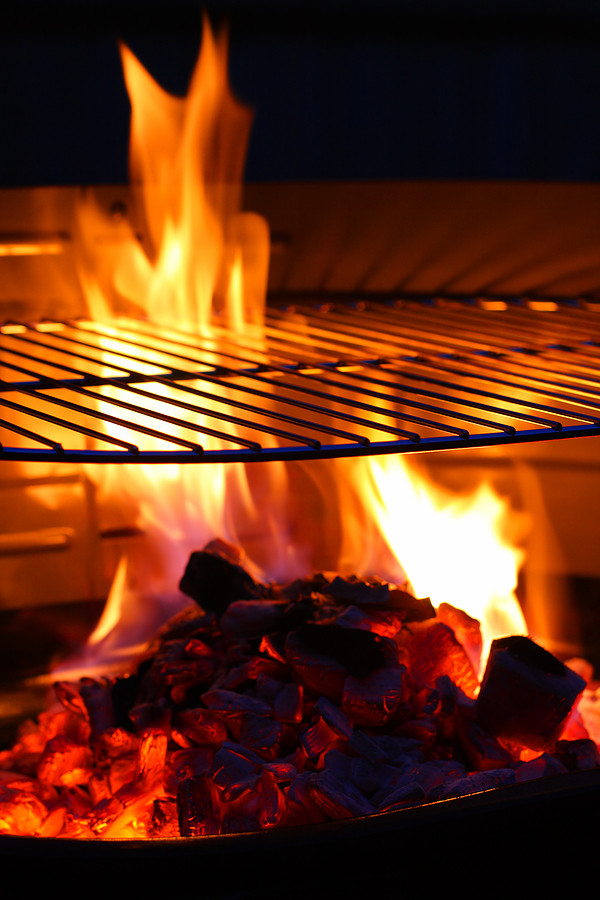Harvard Health Blog
Fourth of July grilling tip: Check for stray bristles after cleaning with a wire brush

Like millions of Americans, I plan to fire up the grill today for a Fourth of July cookout. But I’ll be adding an extra step to my routine: checking the grate for bristles that may have fallen off my cleaning brush.
Over the years, a handful of reports in medical journals have chronicled injuries due to eating grilled food with a stowaway — a wire bristle from a grill-cleaning brush. Earlier this year, a team of Harvard-affiliated doctors described how they removed a wire bristle from a woman who went to an emergency room with pain in her throat that started after eating a chicken breast prepared on a grill.
In the summer of 2012, a nicely timed article by a team of Rhode Island emergency room physicians described six people injured by consuming grill-cleaning bristles hidden in grilled meat. Three had abdominal pain from wire bristles poking through the small intestine or colon. Three others had bristles stuck in the neck. All of the wire bristles were safely removed with open surgery or laparoscopy (“keyhole” surgery). The same team had published a report of six other cases earlier that year in the American Journal of Roentgenology.
Twelve cases from one medical center over a three-year period does not an epidemic make. But it’s enough to suggest that wire bristles end up in food wherever home grilling is going on — which means every city, town, and unincorporated area in the United States — but may not be suspected as the cause of post-barbeque neck or abdominal pain.
Stay bristle free
You are more likely to get food poisoning from eating undercooked meat, poultry, or seafood than from swallowing a leftover grill-cleaning bristle. So the first order of business for grilling is to follow safe grilling practices.
There are several ways to keep your grill bristle free. If your grill-cleaning brush has seen multiple summers, maybe it’s time for a new one. After you use a brush to clean your grill rack, use a towel or wadded up bunch of paper towels to wipe it down.
If you feel pain in your neck or abdomen after a cookout, let your doctor know you’ve recently had food cooked on a backyard grill.
According to the CDC article, the federal Consumer Product Safety Commission is reviewing data on injuries related to grill-cleaning brushes to see if “an identifiable pattern of product defect could pose an unreasonable risk for injury or death, necessitating a consumer warning, product recall, or other regulatory action.”
Whether you are grilling or not, all of us at Harvard Health Publishing wish you a safe and healthy Fourth of July.
(An earlier version of this article was posted on July 4, 2012.)
About the Author

Patrick J. Skerrett, Former Executive Editor, Harvard Health Publishing
Disclaimer:
As a service to our readers, Harvard Health Publishing provides access to our library of archived content. Please note the date of last review or update on all articles.
No content on this site, regardless of date, should ever be used as a substitute for direct medical advice from your doctor or other qualified clinician.












